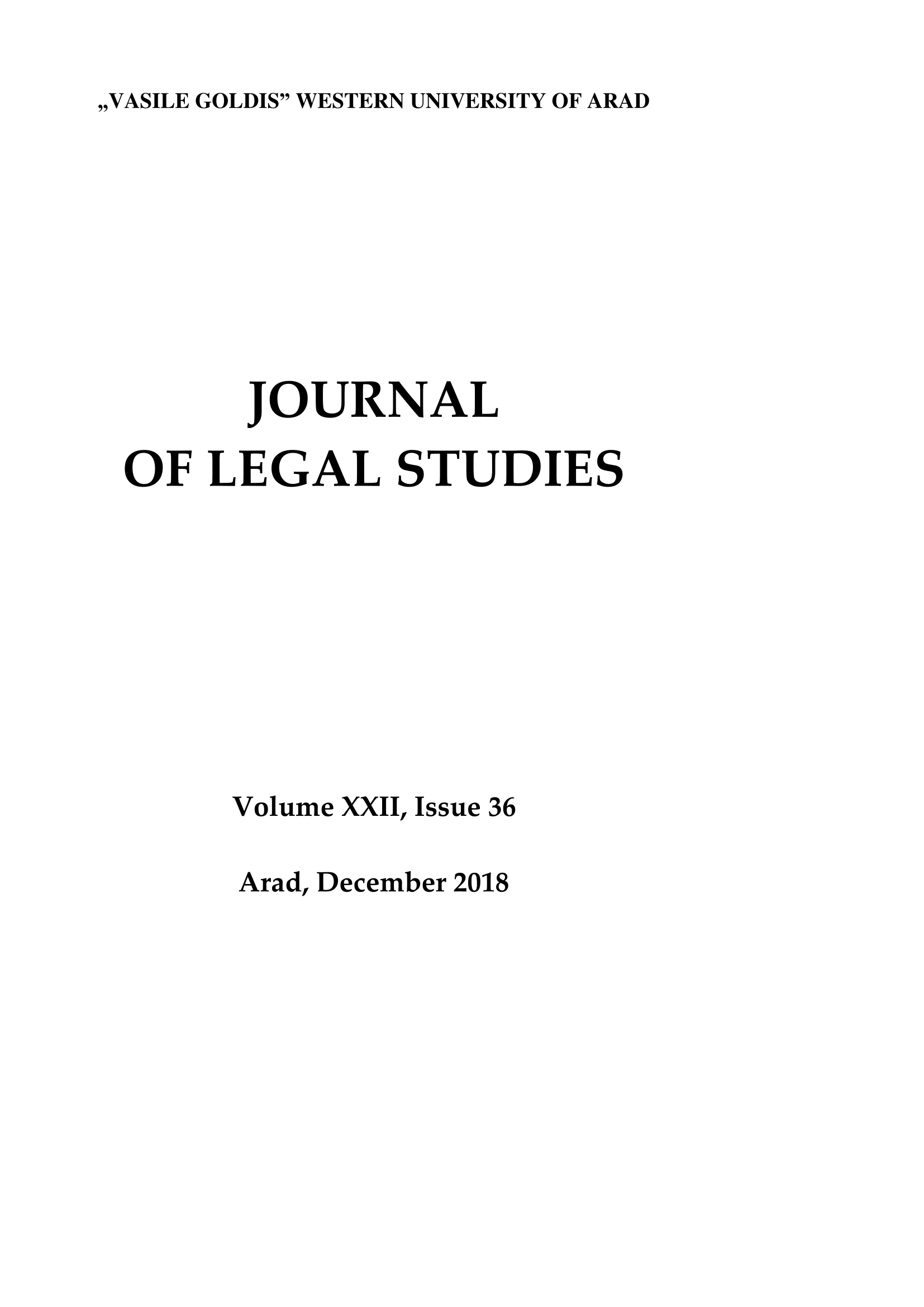UNILATERAL ENFORCEMENT OF UN SECURITY COUNCIL
RESOLUTIONS: THE CASE OF OPERATION IRAQI FREEDOM
UNILATERAL ENFORCEMENT OF UN SECURITY COUNCIL
RESOLUTIONS: THE CASE OF OPERATION IRAQI FREEDOM
Author(s): Alex AnsongSubject(s): Law, Constitution, Jurisprudence, International Law
Published by: Editura Universităţii Vasile Goldiş
Keywords: unilateral enforcement of UN Security Council resolutions; use of force;
Summary/Abstract: The prohibition of armed aggression under Article 2(2) of the United Nations Charter is one of the most important developments in international law and international relations in the modern era. The fact that the right to wage war is no longer accepted as falling within the sovereignty of the state has ushered in an appreciably stable international order based on the rule of law and not the rule of might. While states obviously still engage in warfare and numerous wars have been fought by states in the era of the UN, the very fact that the prohibition of armed aggression has assumed universal acceptance as customary international law is a notable achievement. In spite of the prohibition of armed aggression under the UN Charter, self-defence and collective action mandated by the UN Security Council serve as notable exceptions. The US-led invasion of Iraq in 2003 (i.e. Operation Iraqi Freedom) was peculiar because, the justification for the invasion hinged on the enforcement of UN Security Council Resolutions. This justification thus brought to the fore whether, under international law, there was the right to unilaterally enforce Security Council Resolutions. In the current resurgence of unilateralism typified by the US Trump-led withdrawal or threat of withdrawal from multilateral systems of international governance and cooperation, it is important to reiterate the lessons of unilateralism epitomized by the 2003 invasion of Iraq and the instabilities that have become offshoots of this invasion –e.g. the creation of monsters like the so-called Islamic State. This article discusses the resort to unilateralism under the guise of enforcing UN Security Council resolutions. It also engages in a brief discussion on the justifications for war prior to the UN Charter and the provisions on the use of force prescribed in the Charter. It uses the US-led invasion of Iraq in 2003 as a case study to shed light on legality of unilateral enforcement of UN Security Council Resolutions.
Journal: Journal of Legal Studies “Vasile Goldiş”
- Issue Year: 22/2018
- Issue No: 36
- Page Range: 53-64
- Page Count: 12
- Language: English

